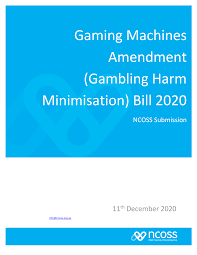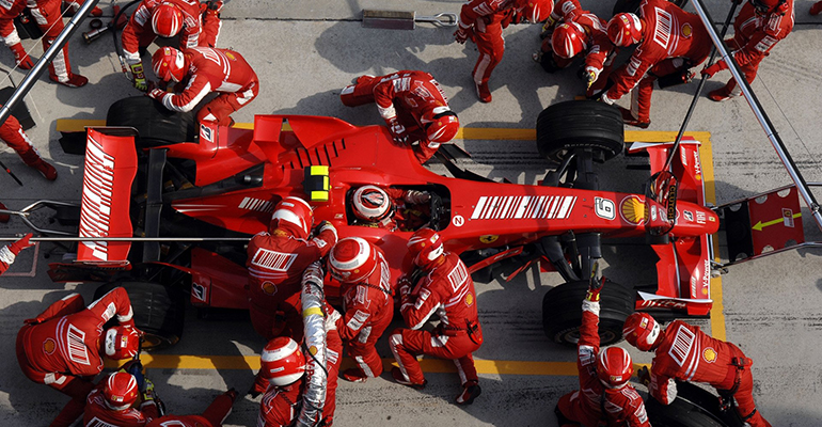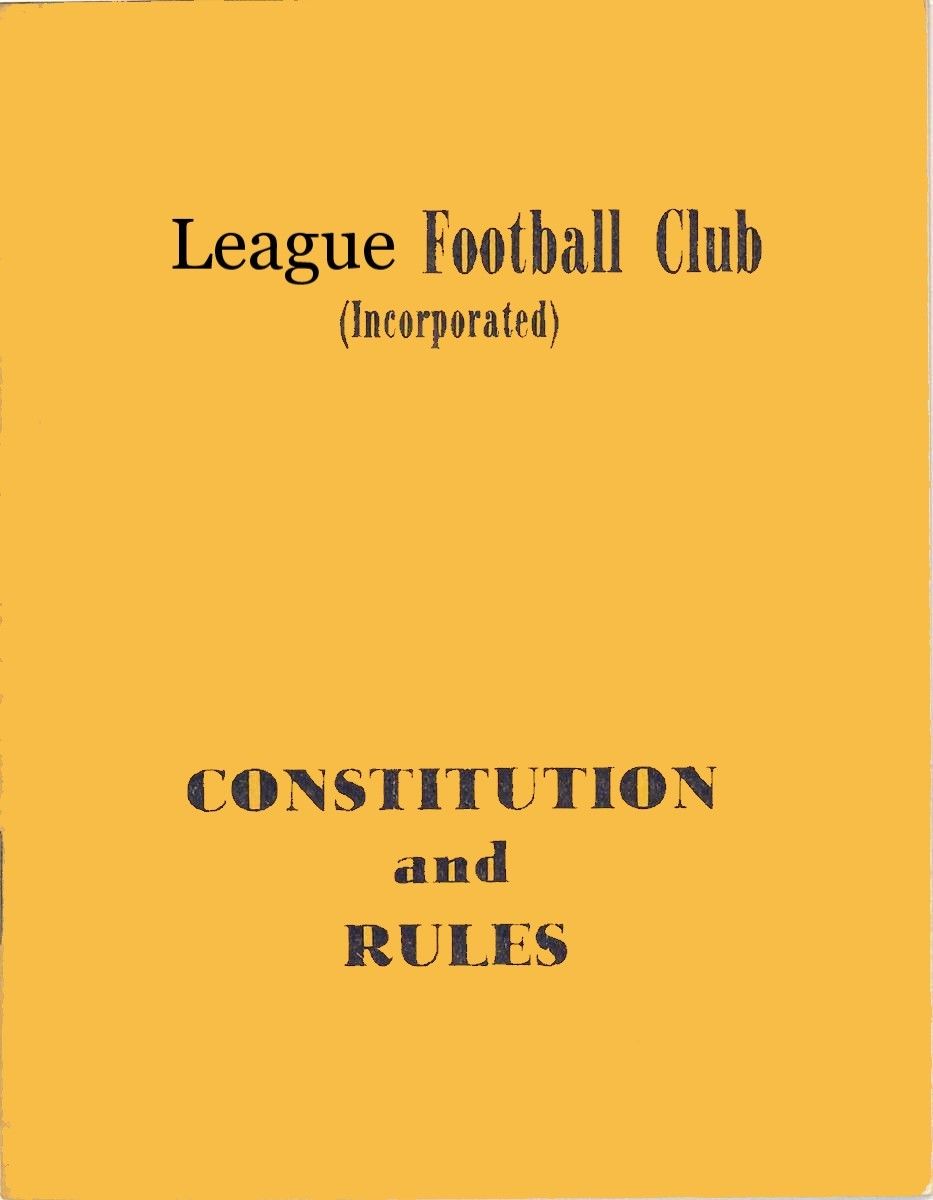Due diligence – two critical words
Whatever you do on the board or in managing your business, due diligence will keep you on the straight and narrow.

Every area of governance and management requires attention to details and honest, open and transparent actions to ensure all is done above board.
There are a few key areas I often see a shortfall of due diligence which include –
X Manager selection
X Staff selection
X Supplier Selection
X Conflicts of interest
X Payment protocols
X Work Health and Safety Policies and procedures
Let’s quickly touch on each of these areas.
Manager Selection
Whenever I talk to the board of a club in regard to selecting their next Secretary Manager or CEO, I always advocate deep due diligence. Anyone can craft an exemplary resume, which can woo a board to progressing to an interview stage.
Then the due diligence should include a Reference Check of each candidate (get a professional to do it if you don’t know how) to ask the right questions about achievements, financial skills, governance skills (as company secretary, preparing board papers etc.), staff management or interpersonal skills. Also make sure you review the financials of the last/current club they are managing – to see which direction that club is/was heading – growing, static or declining over a 3 year period.
Make sure you select the right manager for your club, to suit the stage your club is in – growth, stable or decline – as each stage of a club’s lifecycle requires different skills sets.
Staff Selection
My personal philosophy is ‘Hire for Attitude, then Train for Skills’, as the people with the right attitude can be trained to do anything and will go the extra mile. I also advocate making a Police Check part of the standard employment application screening. This will avoid dishonest staff just rolling from club to club, and potentially repeating their behaviour to the detriment of their new employer. Any candidate who does not accept a Police Check screening, can just be thanked for their application and not progressed any further.
Part of the process is also establishing up front the standard of behaviour and performance you expect. Give the prospective or new staff member a copy of the club’s Staff Policy Manual, which should spell out the parameters of working for the club. This should include acknowledgement that staff performance will be monitored via the CCTV (Closed Circuit Television) System, especially in cash handling areas. If potential or existing staff baulk at this, it would probably be better to let them go.
Supplier Selection
Do you have a ‘Preferred Provider’ policy and procedure in place? The club should, at the very least, have all relevant professional insurance evidence – certificate of currency for public liability, professional indemnity (where required) and workers compensation. You can ask for evidence of qualifications where Certificates or Diplomas may be relevant, to ensure they have the qualifications to back the skill they are claiming. This information should be kept in a central file and updated annually.
Performance of suppliers needs to be tracked and any issues should be addressed straight away, to ensure service standards are always maintained. Don’t be afraid to create ‘In-house” Job cards which will put them on notice that you need to see the details of what they are billing you for.
Payment Protocols
This is another key area where both Governance and management need to ensure they “have their ducks in a row”, to avoid any unintentional (or intentional) mismanagement of funds.
Separation of duties will help ensure probity and as provide the necessary checks and balances required when handling the community’s money. One person should receive invoices, enter them into the accounts payable records and then gain approval for their payment from a senior manager.
Once the approval is made, then the authorised payer can make the payment. The final step should be a secondary person with authorising rights (preferably more senior) will ensure all the payments are then authorised, according to appropriate Grant of Authority levels.
A formal Grant of Authority is a very useful document to control the level of spend by different people within the organisation and confirms the protocol around separation of authority to make payments.
Work Health and Safety (WH&S) Policies and procedures
The last and one of the most important parts of due diligence is ensuring you have the correct WH&S policies and procedures in place. This is one of the greatest business risks, covering staff, contractors, volunteers and patrons to the club (or any business). Everyone under the WH&S Commonwealth legislation has the right to Safe Work Practices, Safe Work Equipment and a Safe Work Environment.
So apart from having the policies and procedures in place, you should ensure -
X staff are appropriately trained in those safe work practices,
X that contractors have a proper induction process to complete prior to working on the premises
X that contractors provide comprehensive evidence of their insurance covers, safe work practices and work authorisation (e.g. white card)
X when a large project is undertaken (e.g. a renovation or major equipment installation) that the daily registers for contractors are enforced and patrons are kept well clear of any works area
Whilst some may think that all these aspects of due diligence are an inconvenience and ‘not really necessary, cause we haven’t had a problem before’, I can assure you, it is far more inconvenient dealing with the consequences of a lack of due diligence.
For more assistance with a review of your organisations due diligence, contact Ron Browne 0414 633 423 or ron@extrapreneurservices.com.au










